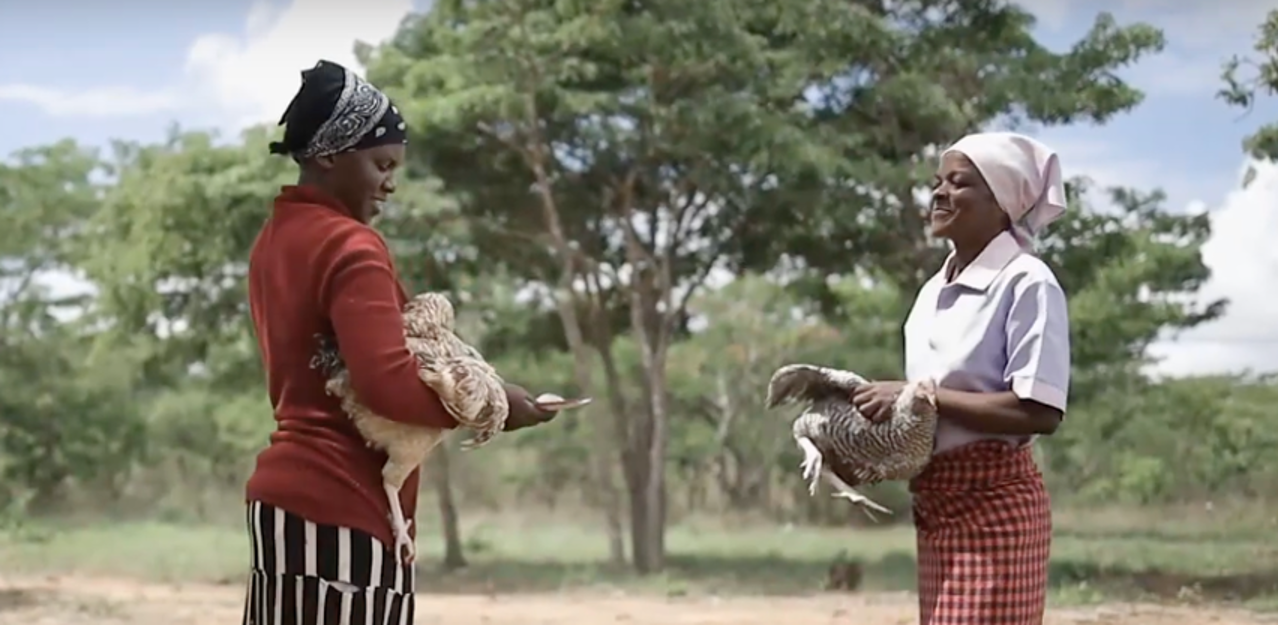
Keeping chickens can make a substantial contribution to household nutrition and food security for smallholder farmers in Zimbabwe, as in many parts of Africa. In Sub Saharan Africa (SSA), rural chicken production accounts for about 60% of poultry with indigenous chickens constituting 70% of the total chicken population. Keeping chickens helps diversify incomes and provides quality food, energy, fertilizer and a renewable asset for rural households.
The World Poultry Foundation (WPF) has been supporting private sector poultry companies to produce and sell low-input, dual-purpose poultry (DPP) under the African Poultry Multiplication Initiative (APMI). The APMI establishes a supply of brooded and properly vaccinated low-input, DPP to rural communities.
The program objective is to catalyse a transformation of rural poultry production. Funded by the Bill and Melinda Gates Foundation, the program’s private-sector partner sells day old DPP to rural farmers, who rear chicks for five weeks and give them all necessary vaccinations, and sell months old chick to other farmers.
Up-to-date, real-time information opens the opportunity for better data-based decision making and strategic can tangibly improve the likelihood of achieving objectives and impact on the lives and livelihoods of smallholder poultry producers. In collaboration with the WPF, the Committee of Sustainability Assessment (COSA) ran a qualitative assessment of WPF program in Zimbabwe piloting and testing an agile data gathering and assessment on adoption and processing and analysis of rearing of DPP.
The agile data gathering process was applied through Computer Assisted Telephone Interviews (CATI) and WhatsApp interviews submitted to the different actors involved in the rearing and uptake of DPP . The results of the agile data gathering process is influencing the strategy planning to increase the impact of the APMI rollout in Zimbabwe.
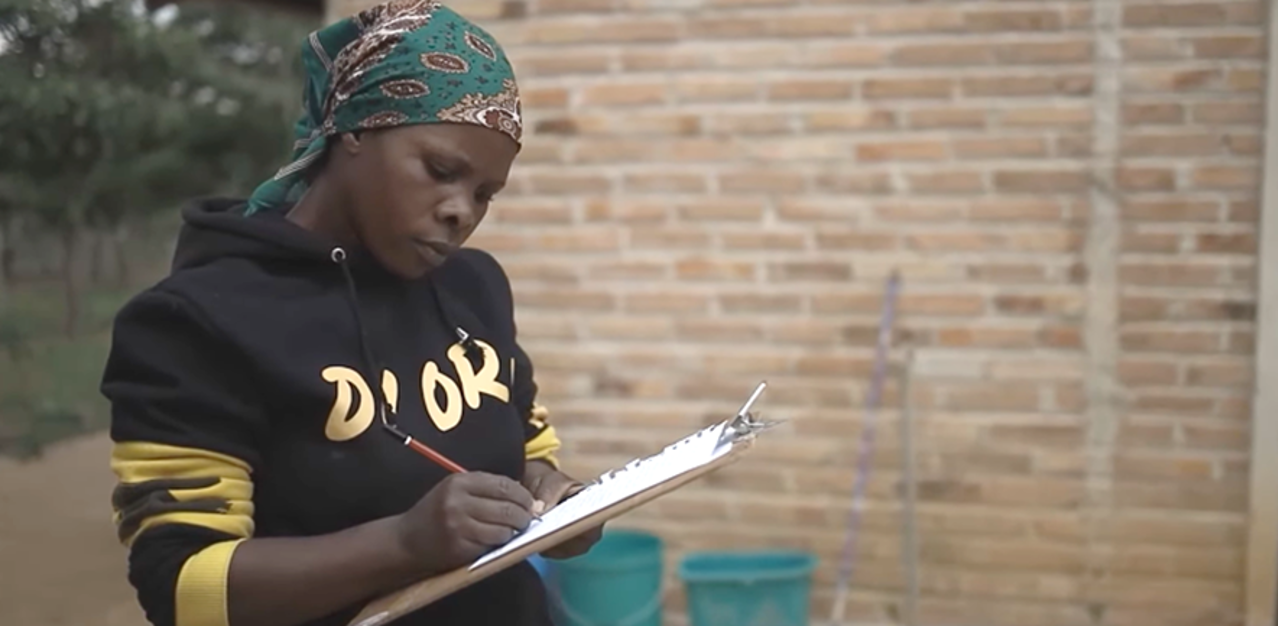
Findings from the agile data analysis
The COSA-led agile data analysis shed light on several important aspects of the rollout of the APMI project in Zimbabwe.
- Improved Food Security
The analysis showed investing in resistant and fast-growing varieties, such as DPP, might reduce the problem of food security. The study revealed that the consumption of meat and eggs increased after the introduction of DPP for most male and female small-scale producers. - Importance of Training
COSA segmentation analysis shows that investing in capacity building is key to boosting the success and profitability across the value chain. Notably, training attendance was one of the main factors driving success for both Mother Units and Small-Scale Producers. The study recommends deepening training opportunities specifically around feeding and feeding instruction.
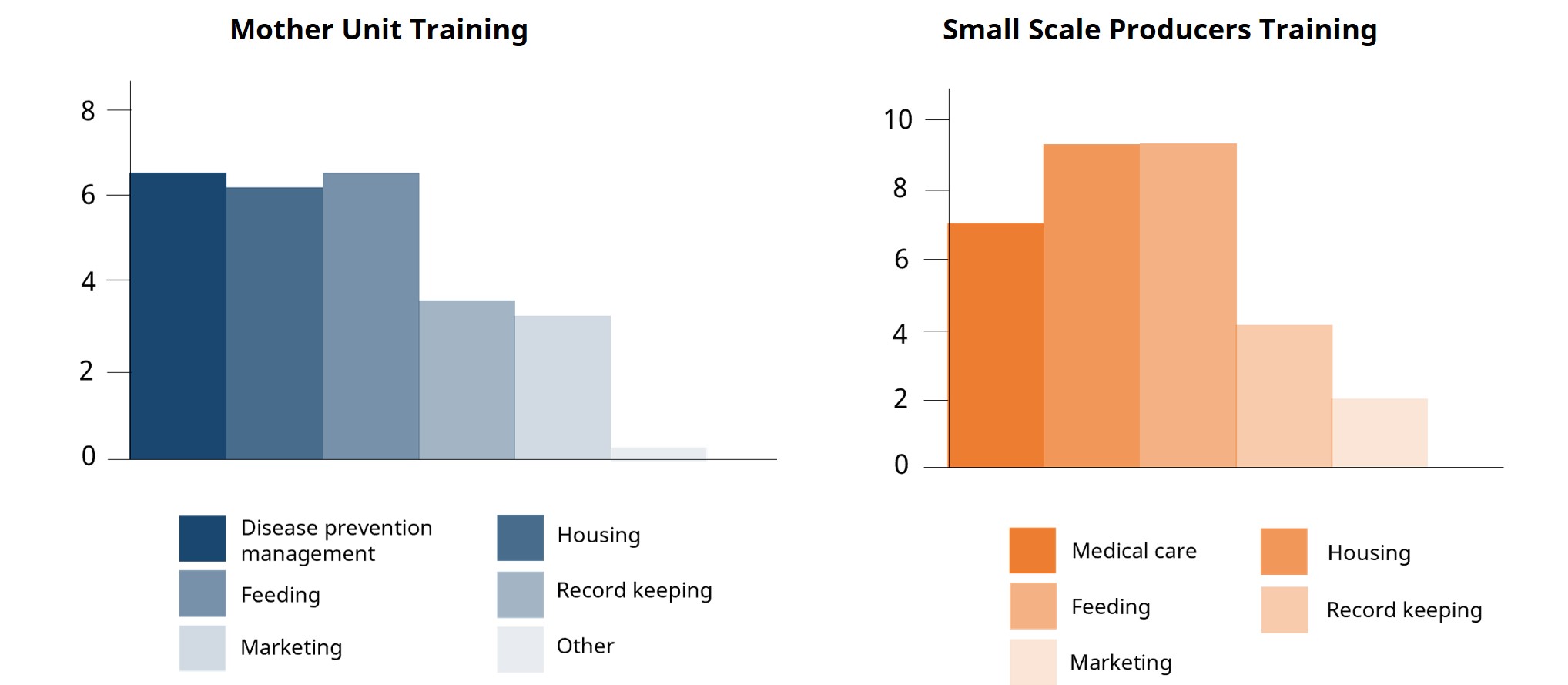
The most successful Mother Units and Small Scale Producers have the following characteristics and training was a dominant one.
MUs with high intensity renewal versus MUs with low intensity renewal:- Higher exposure to training
- Higher experience
- Higher self-efficacy
- Higher percentage
SSPs who are repeated customers versus one-time customers:
- Higher income share from Sasso activities
- More educated
- More exposed to trainings
- Higher frequency of communication with MU
- Profitability
Profitability from rearing DPP was clear from the study analysis with 73% of Mother Units declaring a profitable business.
- Women’s Empowerment
Reaching women with meaningful interventions is one of the cornerstones of the World Poultry Foundation’s mission. Encouragingly, the findings in the COSA study are positive, indicating women are achieving success levels equal to or greater than their male counterparts.
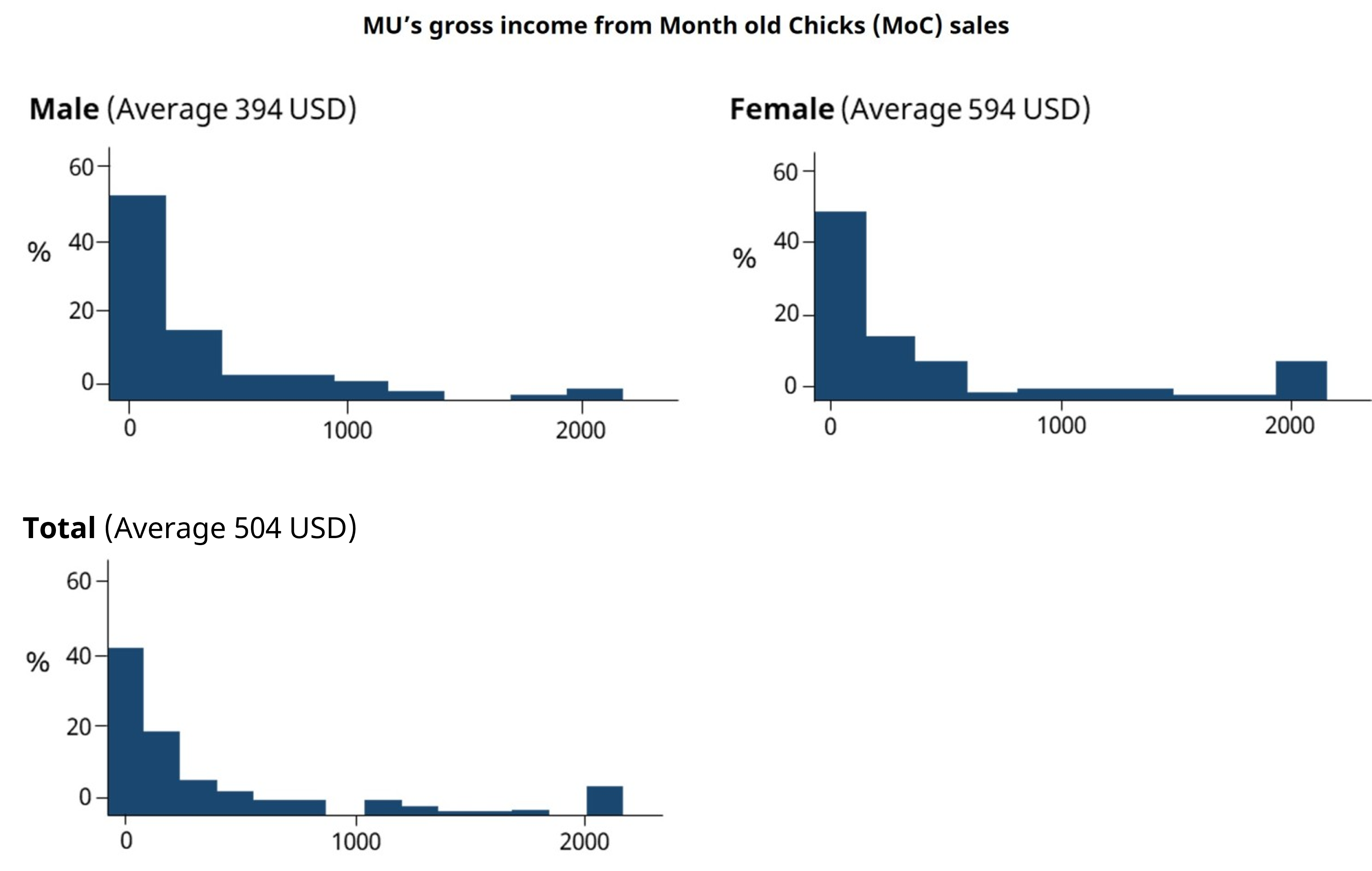
- The agile data analysis showed that rapid decision-oriented data to test assumptions and measure performance while programs are still in progress is key to correcting course in order to foster the sustainability of an intervention. In Zimbabwe, the pilot test of agile technologies at different levels of the value chain, will enable World Poultry Foundation to benefit from having key data much more frequently and at a very low cost that facilitates decision making in the rollout of the poultry project.


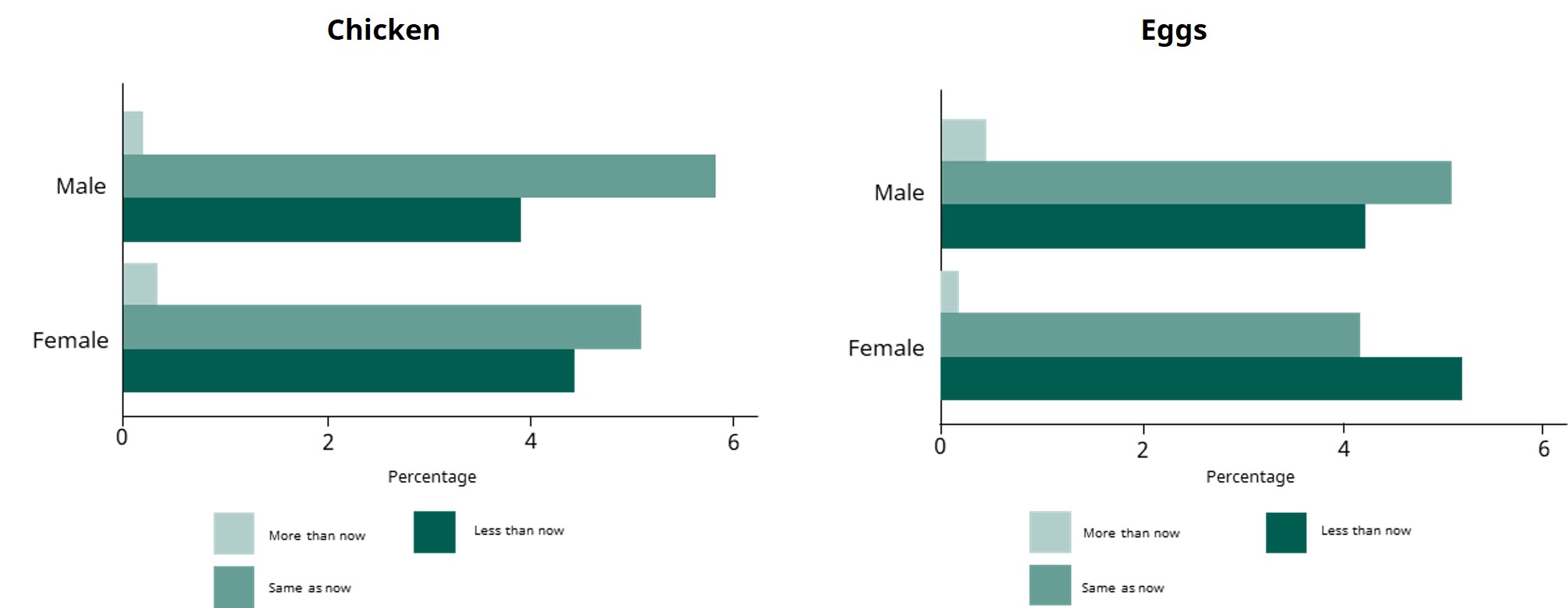




Leave A Comment